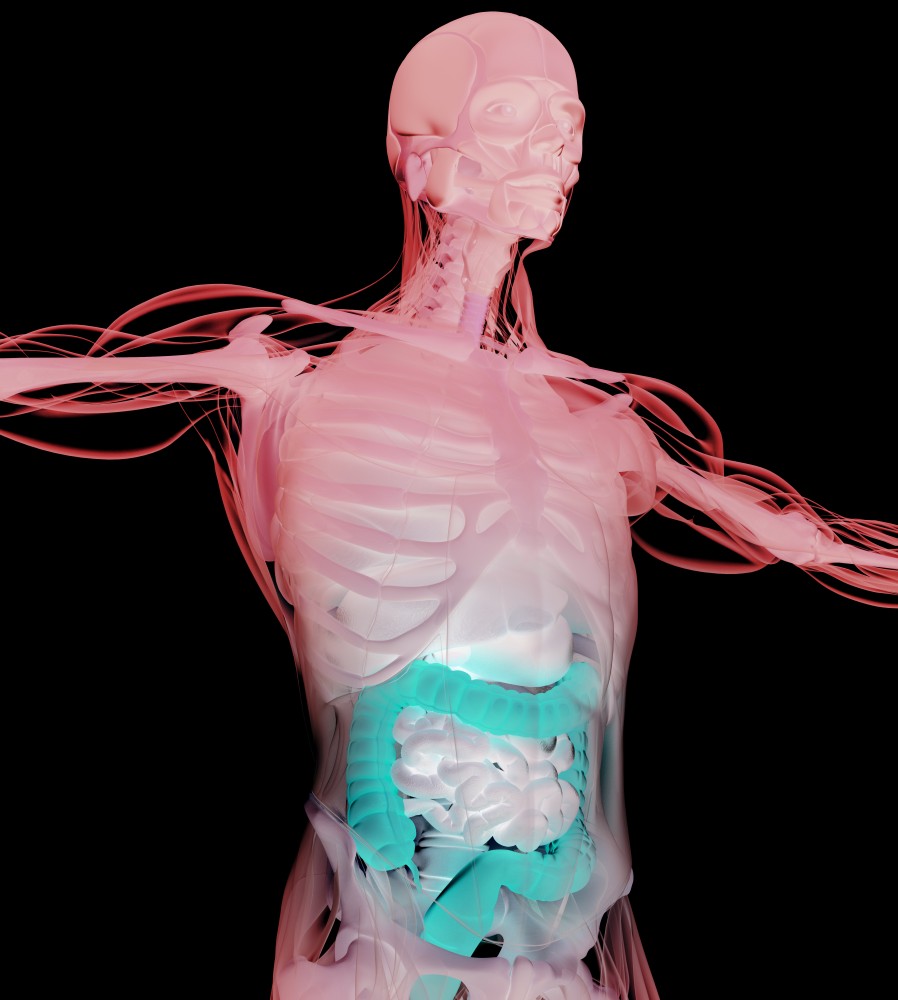
Scientists are asking whether diet might cause changes in our gut gardens or to use the correct technical term our gut microbiome. They are interested in whether these changes might be linked to inflammation and the degree of frailty (mental and physical weakness) we experience as we age? Our gut micriobiome is the unique mix of bacteria, viruses, protozoa, and other bugs inside our intestines. It has already been the subject of much research. Claims have been made that our gut microbiome is responsible for our risk of developing numerous diseases such as irritable bowel syndrome, inflammatory bowel disease, type 2 diabetes, obesity, rheumatoid arthritis, depression, and autism. We are not yet in a place where we can give advice for the general population with any certainty. So be careful how you interpret the headlines you read and the TV shows you watch. However this is a really exciting area of research with enormous potential to improve our health. If you want to get involved you can even donate your poo to help the cause and find out about your own gut garden in the process. See this link for details about how to get involved:
So what do we know about our gut microbiome, diet and living a longer, more active life? Well new research published in Genome Medicine by Matt Jackson and his team at King’s College looked at samples of poo from 700 British twins and found that:
1. The frailer an individual, the lower the diversity of bacteria in their guts
2. Healthier twins had higher amounts bacteria previously shown to be associated with better health outcomes in people with inflammatory diseases.
3. The more frail twins had increased amounts of bacteria previously shown to be high in people eating high fat, high sugar, low fibre diets.
This research supports previous findings from the Eldermet study carried out at the University of Cork. These researchers asked whether the composition of our gut garden influences how quickly general health and the health of the immune system deteriorates in older people. They found that people with a lower fat, higher fibre diet including plenty of different types of fruit and vegetables had more diverse bugs in their gut gardens and these people were in turn less frail.
Neither of these studies show cause and effect so much more research is needed. However we already know that following a low fat, high fibre, plant-based diet reduces our risk of heart disease, cancer, bowel disease, obesity and high blood pressure and improves our chances of having strong bones. So it’s a good idea to take a look at these aspects of your diet.
Probiotics have also received a lot of media and some research interest. Probiotics are live microorganisms that can change the composition of our gut gardens when consumed in sufficient amounts. You are probably most familiar with “live” yogurt but other fermented foods are also of interest for example sauerkraut, kimchi, miso, and tempeh. However there is limited scientific evidence for the benefits of these foods at the moment and they can be high in fat, sugar and salt as well as being quite expensive. Also the actual amount of live culture in these foods varies and is not subject to the sort of regulation you get with medicines. This means that you cannot be sure what you’re getting when you make your purchase. That said there is no harm in trying fat free, natural yogurt with live cultures and this can be purchased without breaking the bank if you shop around.
I think this area is one with real potential and I will keep you updated via this blog as new findings emerge. In the meantime remember that following a low fat, high fibre diet with plenty of different fruits and vegetables is a great way to improve your health and reduce your risk of disease. It may also help your gut garden to flourish and keep you more active and alert as you age.

